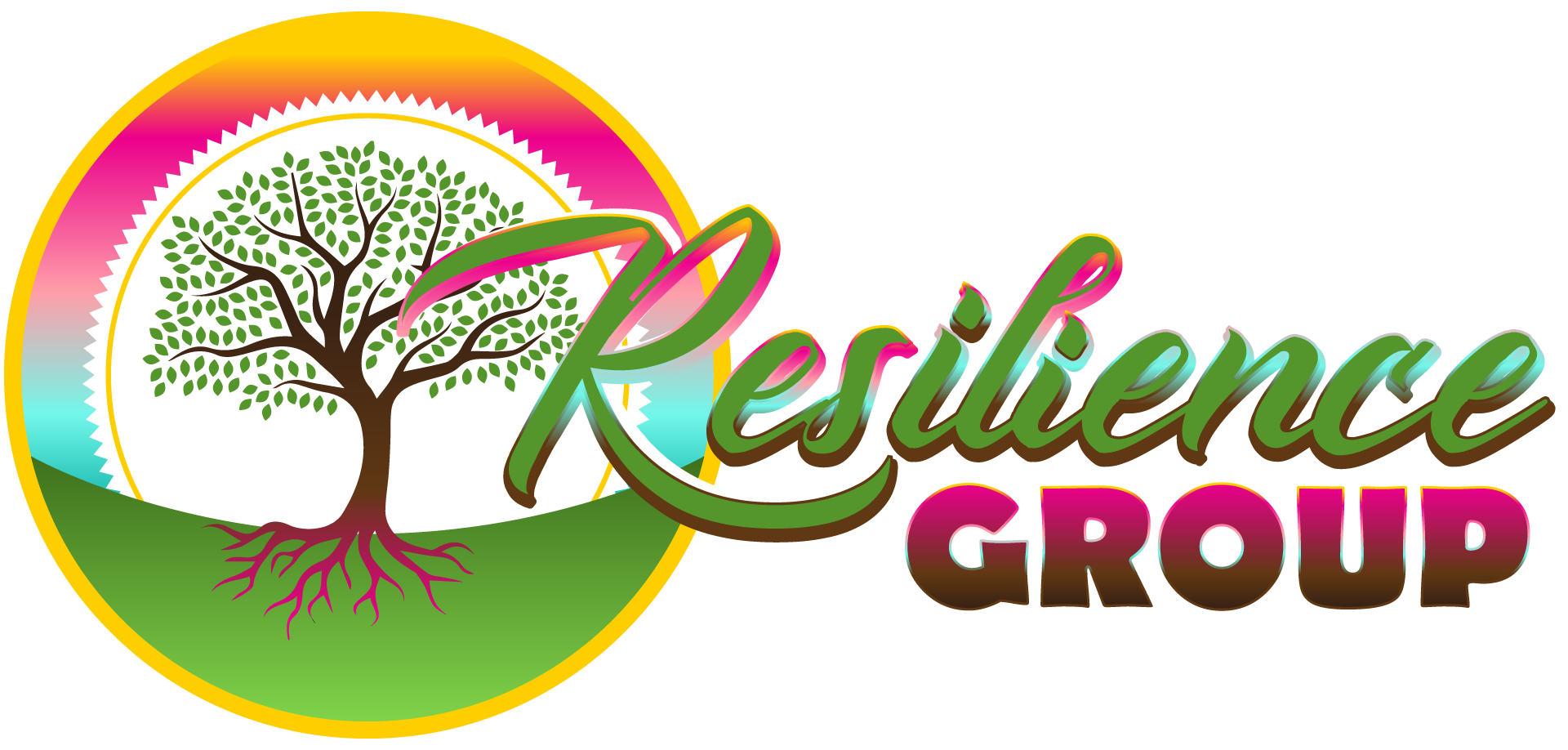Approaches & Techniques
Emotionally Focused Therapy (EFT)
Emotionally Focused Therapy (EFT) is a structured, evidence-based approach to psychotherapy that focuses on improving emotional connection and strengthening relationships, particularly for couples but also for individuals and families. Developed in the 1980s by Dr. Sue Johnson and Dr. Les Greenberg, EFT is grounded in attachment theory, which posits that humans have an innate need for secure emotional bonds. The therapy aims to help individuals and couples identify, understand, and transform their emotional patterns to create more secure and fulfilling relationships.
Core Principles of EFT:
-
Attachment Theory Foundation:
- EFT is based on the premise that emotional distress and relationship difficulties often stem from unmet attachment needs or disrupted emotional bonds. Secure attachments foster safety and connection, while insecure attachments can lead to fear, conflict, and withdrawal.
-
Emotion as a Core Driver:
- EFT views emotions as central to the experience and resolution of relationship difficulties. The therapy focuses on helping individuals access and express their emotions in ways that promote understanding, empathy, and connection.
-
Systemic Approach:
- EFT considers the broader relational dynamics and patterns, helping clients understand how their emotional interactions and behaviors influence and are influenced by their relationships.
Goals of EFT:
-
Identify and Restructure Negative Patterns:
- EFT helps clients recognize negative interaction patterns (such as criticism, defensiveness, or withdrawal) that perpetuate conflict and disconnection. These patterns are reframed and transformed into more constructive ways of relating.
-
Strengthen Emotional Bonds:
- The therapy fosters emotional safety and trust, enabling clients to develop secure attachments and improve communication, empathy, and intimacy.
-
Promote Emotional Awareness and Expression:
- EFT encourages individuals to access, understand, and share their underlying emotions in a way that fosters deeper connection and healing.
-
Address Emotional Injuries:
- EFT can help repair relationship ruptures caused by events such as betrayal, infidelity, or unresolved trauma by creating a space for emotional healing and understanding.
Phases of EFT:
EFT is typically implemented in three structured stages:
-
De-escalation of Negative Interaction Cycles:
- The therapist helps clients identify destructive interaction patterns and the underlying emotions driving them. For example, one partner might withdraw because of fear of rejection, while the other becomes critical due to feelings of insecurity. The goal is to reduce conflict and establish a sense of safety.
-
Restructuring Interaction Patterns:
- Clients are guided to access and express their deeper, often vulnerable emotions (e.g., fear, sadness, or longing) in ways that foster understanding and connection. Partners learn to respond to each other with empathy and support, creating new, positive interaction patterns.
-
Consolidation and Integration:
- The therapist works with clients to solidify the changes and integrate new relational patterns into their everyday interactions, ensuring long-term success and emotional connection.
Techniques in EFT:
-
Tracking Interaction Cycles:
- Therapists observe and map out repetitive relational patterns to help clients see how their behaviors and emotions contribute to the cycle of conflict or disconnection.
-
Reframing and Validation:
- The therapist helps clients reframe their experiences and validates their emotional responses, creating a sense of safety and understanding.
-
Accessing Primary Emotions:
- EFT focuses on helping clients identify and express their primary (often vulnerable) emotions, which are often hidden beneath secondary emotions like anger or frustration.
-
Attachment-Based Interventions:
- The therapist uses techniques to strengthen the emotional bond between partners or family members, emphasizing the importance of secure attachment and emotional responsiveness.

Applications of EFT:
-
Couples Therapy:
- EFT is widely used to help couples resolve conflicts, improve communication, and deepen emotional intimacy. It is particularly effective for addressing issues such as infidelity, emotional disconnection, and repeated cycles of conflict.
-
Individual Therapy:
- EFT can be adapted for individuals dealing with emotional distress, attachment-related challenges, or difficulties in forming or maintaining secure relationships.
-
Family Therapy:
- EFT is also effective in family therapy, helping to repair strained parent-child relationships, improve family communication, and address attachment-related concerns.
-
Trauma and Emotional Injuries:
- EFT is beneficial for individuals and couples coping with the aftermath of trauma, as it helps them process and heal emotional wounds while fostering a sense of safety and connection.
Effectiveness:
-
Evidence-Based:
- EFT is supported by extensive research and is recognized as one of the most effective therapies for improving relationship satisfaction and emotional connection. Studies have shown its success in reducing distress in couples and strengthening attachment bonds.
-
Broad Applicability:
- EFT has been shown to be effective across diverse populations, including heterosexual and LGBTQ+ couples, as well as in various cultural contexts.
-
Sustainability:
- The benefits of EFT are often long-lasting, as clients learn to create and maintain secure, responsive emotional connections that can endure beyond therapy.
Conclusion:
Emotionally Focused Therapy (EFT) is a structured, evidence-based approach to psychotherapy that focuses on fostering emotional awareness, repairing attachment bonds, and improving relational dynamics. Grounded in attachment theory, EFT is highly effective in treating emotional distress, relationship conflicts, and trauma-related issues. By helping clients access and express their underlying emotions and needs, EFT promotes emotional healing, trust, and intimacy, making it a powerful tool for enhancing both individual well-being and interpersonal relationships.
Contact
(435) 313-8533
Location:
Resilience Group
Saint George, UT 84770
In-person and telemedicine available
